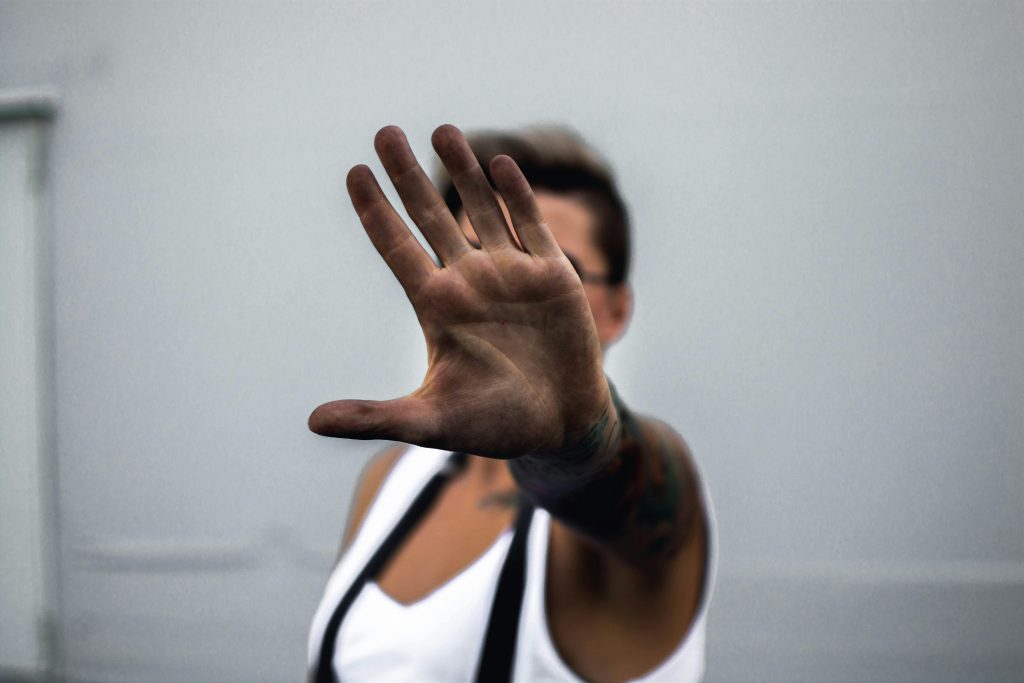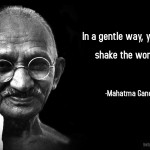
We all have our little getaways. Some people binge an entire season of a show in one sitting. Others get lost in endless scrolling. A few pour themselves just one drink that quietly turns into three. On the surface, these moments feel like harmless ways to take the edge off. But what if the real relief comes not from escaping, but from facing what you’re running from? Saying no to escapism practices can feel like stepping out of a cramped, dimly lit room into fresh air – uncomfortable at first, but ultimately freeing.
What are escapism practices & why do we turn to them
Escapism is a fancy word for something very human – the urge to avoid unpleasant emotions, thoughts, or situations by doing something else entirely. It could be harmless, such as daydreaming during a long meeting, or more consuming, like getting lost in video games for hours.
Escapism practices, or as psychologists would say ”avoidance coping,” are not always bad. In fact, distraction can be a healthy way to recharge. In moderation, that is. However, when it becomes part of your go-to coping strategy, the effect is the exact opposite. After all, you’re not solving the problem, are you? Instead, you’re pressing the snooze button on it.
Alcohol as an accepted form of escape
When we talk about escapism, we usually point to binge-watching, emotional eating, or doom-scrolling until our phone’s battery waves the white flag. But alcohol? That one slips under the radar, even though it’s one of the most common (and socially approved) ways to check out.
That easy acceptance is part of the problem. Drinks are encouraged in so many settings and are ridiculously easy to get. But ”normal” doesn’t mean harmless. For plenty of people, that nightly glass of wine or weekend round of shots isn’t just fun. It’s a way to take the edge off, blur the harder thoughts, and soften feelings that feel too heavy.
The relief works – but only for a moment. Then it comes back, usually heavier. Over time, drinking this way can trap you in a loop where alcohol becomes your only reliable escape hatch. And that hatch? It slowly shuts you off from your own emotions, from people who matter, and from the goals you once had in clear view. Breaking that loop is where things start to change for the better. People who’ve been there will tell you that the benefits of being sober go way beyond better sleep or clearer skin. There’s an emotional and mental freedom in sobriety – the kind where you can meet your life head-on, no blur filter required.
When escapism crosses the line
That snooze button, by the way, doesn’t just make the problem stick around; it can make it worse. A study of 2,285 people found that escapism was linked to higher rates of substance abuse, including alcohol use, smoking, and even drug use. Moreover, people who drank primarily to escape their feelings reported significantly lower life satisfaction than those who didn’t. In other words, the ”break” they were taking from life was quietly taking more from them than they realized.
The hidden costs of escapism and alcohol use
If alcohol is your chosen escape, the statistics should give you pause. Taking aside social drinking, people who drink for relief (a.k.a. to get away from stress or sadness) are more likely to develop unhealthy patterns compared to those who drink for celebration.
And the numbers don’t stop there. The World Health Organization reports that harmful alcohol use causes around 3 million deaths each year, hitting young adults aged 20-39 especially hard.
And it’s not just alcohol. When escapism becomes your default – whether through screens, shopping carts, or snacks – it dulls more than just the hard moments. It steals the sharpness and color from everything else, too. You don’t notice it day to day, but years later, you might realize you’ve been living life as if you were watching it through glass.
The unexpected freedom of saying no
Saying no to escapism practices doesn’t mean saying no to joy or rest. It’s saying yes to feeling things fully, even when they’re uncomfortable. It’s giving yourself permission to sit with boredom, to acknowledge sadness, or to wrestle with frustration without running away.
At first, it can feel like standing in the rain without an umbrella. But over time, you realize you’re not as fragile as you thought. You get to know yourself in ways that Netflix, cocktails, or an overstuffed shopping cart could never provide. You start seeing details you used to glaze over: the warm light spilling across your kitchen counter, or how a friend’s laugh lingers with you for days.
Life doesn’t get easier. You just get sturdier and more decisive when saying no to escapism practices.
Practical tips to move away from escape toward presence
So how do you actually start saying no when the urge to escape is so strong?
Give yourself smaller limits, not big ultimatums
If you usually scroll until midnight, cut it back by an hour. If wine is your nightly thing, keep a few evenings dry. Little boundaries are easier to keep, and they stack up.
Ask the one question that cuts through autopilot
Before you default to your favorite distraction, stop and ask: ”What do I actually need right now?”
Nine times out of ten, it’s not the show, the snack, or the drink – it’s rest, connection, or doing something that matters to you.
Swap out your escape hatch for something grounding
Enforce a habit or find a hobby that keeps you present. Make tea and watch the steam. Write down what’s weighing on you. Cook with the music off. The point isn’t the activity, though. It’s showing up for it fully.
Lean on people who see the real you
Call someone who can handle your honesty. Tell them what’s going on without trimming the edges. Sometimes just speaking it out loud makes it less heavy.
Keep a score of the moments you choose presence
Write them down, even if they seem small.
”I went for a walk instead of opening Instagram.”
”I made it through a stressful afternoon without pouring a drink.”
These moments add up, and seeing them on paper is a kind of proof that you’re building a different life.
Final thoughts
Escapism can feel like a breath of fresh air, but most of the time it’s just pressing pause on living. Breaks are fine, needed, even, but staying paused means missing the unfiltered, unpredictable, and yes, sometimes messy moments that give life its texture. Saying no to escapism practices can feel clumsy, awkward, and even boring in the beginning. But stick with it, and the trade-off becomes clear: a mind that feels lighter, relationships that run deeper, and the unmistakable sense that you’re actually here for your own life. And once you’ve felt that, going back to blurring the edges just to avoid feeling them won’t feel much like comfort anymore.










